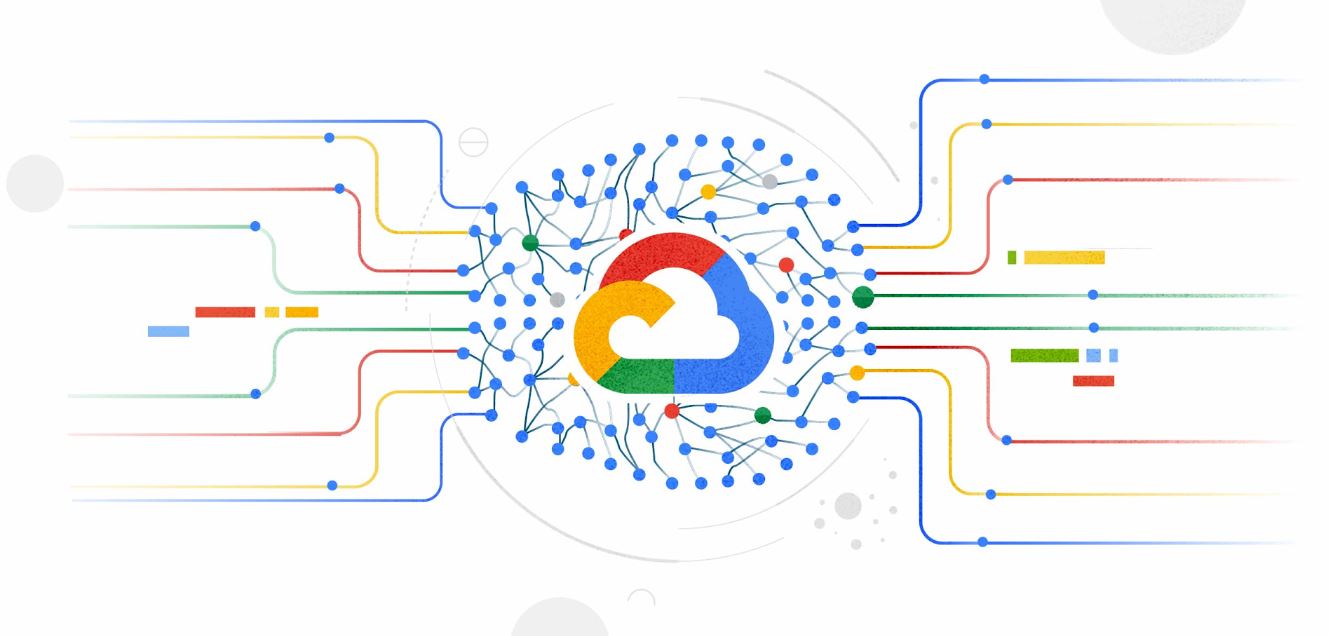 AI
AI
 AI
AI
 AI
AI
Like many big tech firms, Google has been trying to help combat the spread of the coronavirus in several ways. Examples include making its communication tool Google Meet free for everyone to use and working with Apple Inc. and the U.S. government to help build a decentralized coronavirus tracking system that can notify people if they come into contact with a COVID-19 patient.
In addition, Google’s cloud-based artificial intelligence tech is also being employed by numerous organizations to help them adapt their business operations during the pandemic.
In a blog post, Rajen Sheth, vice president of product management for Google Cloud AI, said there is no shortage of complex and immediate problems AI technology can help to solve.
“From sifting through huge research datasets to finding potential treatments, to more accurately forecasting the spread of the disease, to powering virtual agents to answer questions about COVID-19, AI is helping all kinds of organizations,” Sheth said.
In one example, Sheth said Google’s Kaggle community, which serves as a place for data scientists and other machine learning enthusiasts to explore, analyze and share their work, is helping researchers to answer numerous questions they have about the coronavirus.
“In March, The White House Office of Science and Technology Policy announced that it had 29,000 articles, which has now grown to more than 59,000, that may contain answers to key questions about the virus,” Sheth said. “It turned to Kaggle, a Google Cloud subsidiary, to call upon its community of more than 4 million data scientists to use AI to help find these answers.”
Since that time, members of the Kaggle community have helped to develop a number of data and text mining tools to search through the COVID-19 Open Research Dataset, helping to answer critical questions around the virus’s genetics, origins and evolution, Sheth said. Kaggle has also challenged its community to come up with new AI models that can accurately forecast the spread of COVID-19, both around the world and within specific communities, to help medical professionals improve their responses.
In addition, Google recently announced a new Rapid Response Virtual Agent program based on its Contact Center AI tools for companies that have found themselves inundated with calls from customers asking about COVID-19. The program is entirely free and helps businesses to implement customized Contact Center AI virtual agents to answer people’s questions via chat or voice.
One organization that has already taken advantage of the Rapid Response Virtual Agent program is the grocery firm Albertsons Cos. Inc., which has been overwhelmed with inquiries from customers during the pandemic.
“With the Rapid Response Virtual Agent program we were able to quickly set up our virtual agent, answering questions and directing traffic at the first inquiry level,” said Cameron Craig, a digital product, design and experience vice president at Albertson’s. He said that saved the company time and money and provided better customer service.
Google has also created a new PPP Lending AI Solution that helps lenders to implement its AI-based document ingestion tools with their existing underwriting systems, Sheth said.
The PPP Lending AI Solution is made up of three components, including a Loan Processing Portal that lets agents and loan applicants create, submit and view the status of their PPP or Paycheck Protection Program loan applications. The second component is the Document AI PPP Parser application programming interface, which lenders can use to extract structured information from documents submitted by loan applicants. The final component is Loan Analytics, which is a service that enables lenders to rapidly onboard historical loan data, identify and anonymize sensitive data, store it securely and perform analytics on it.
“We’ve always known that one of AI’s great strengths is helping solve complex problems, and with the pandemic we’re faced with a particularly challenging one,” Sheth said. “We’ll continue to build and deploy our AI capabilities to help during this time, and to help customers solve their trickiest problems into the future.”
Support our mission to keep content open and free by engaging with theCUBE community. Join theCUBE’s Alumni Trust Network, where technology leaders connect, share intelligence and create opportunities.
Founded by tech visionaries John Furrier and Dave Vellante, SiliconANGLE Media has built a dynamic ecosystem of industry-leading digital media brands that reach 15+ million elite tech professionals. Our new proprietary theCUBE AI Video Cloud is breaking ground in audience interaction, leveraging theCUBEai.com neural network to help technology companies make data-driven decisions and stay at the forefront of industry conversations.